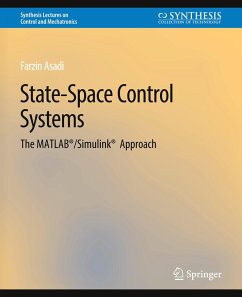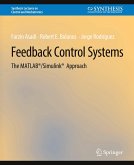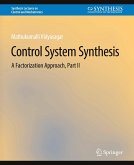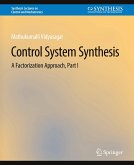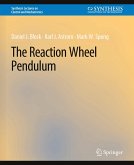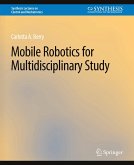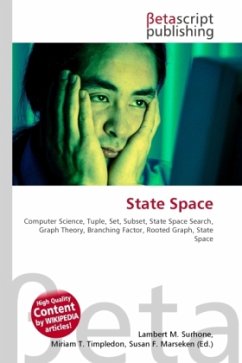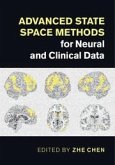These days, nearly all the engineering problem are solved with the aid of suitable computer packages. This book shows how MATLAB/Simulink could be used to solve state-space control problems.
In this book, it is assumed that you are familiar with the theory and concepts of state-space control, i.e., you took or you are taking a course on state-space control system and you read this book in order to learn how to solve state-space control problems with the aid of MATLAB/Simulink.
The book is composed of three chapters. Chapter 1 shows how a state-space mathematical model could be entered into the MATLAB/Simulink environment. Chapter 2 shows how a nonlinear system could be linearized around the desired opperating point with the aid of tools provided by MATLAB/Simulink. Finally, Chapter 3 shows how a state-space controller could be designed with the aid MATLAB and be tested with Simulink.
The book will be usefull for students and practical engineers who want to design a state-space control system.
In this book, it is assumed that you are familiar with the theory and concepts of state-space control, i.e., you took or you are taking a course on state-space control system and you read this book in order to learn how to solve state-space control problems with the aid of MATLAB/Simulink.
The book is composed of three chapters. Chapter 1 shows how a state-space mathematical model could be entered into the MATLAB/Simulink environment. Chapter 2 shows how a nonlinear system could be linearized around the desired opperating point with the aid of tools provided by MATLAB/Simulink. Finally, Chapter 3 shows how a state-space controller could be designed with the aid MATLAB and be tested with Simulink.
The book will be usefull for students and practical engineers who want to design a state-space control system.

